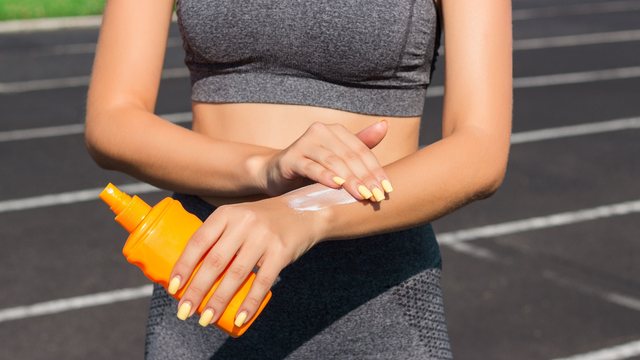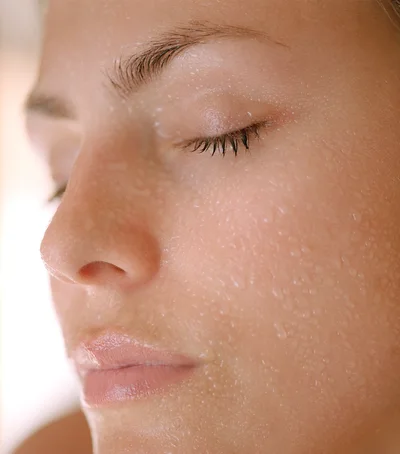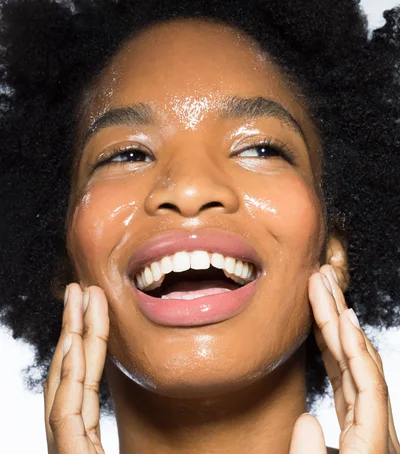
As soon as beach time starts, we all run to catch the remaining half sunscreen from last year to use it anew. But wait! Does sunscreen expire after a year? Is sun protection safe for this year as well?
First, some of the basics of a strong sun protection routine are:
1: You have been using the cream all year (supposedly).
2: Apply everywhere - even on the eyelids.
3: You used a cream with high SPF for optimal protection.
4: You are using creams that are still fresh (so the expiration date is not approaching).
" Sunscreens expire and should absolutely never be used after the expiration date," Shari Marchbein, a certified dermatologist in New York City, told Allure. "Like food, sunlight can adversely affect the ingredients of the cream, damaging and diluting it," she explains. "Creams also become less effective, so they have less potential to protect you from sunburn, damage, brown spots, and even the risk of developing skin cancer. "
Why not use an expired sunscreen?
There are two basic reasons for this:
1. It will not protect you. "An expired cream means that the product does not achieve as much protection as the SPF it has declared," says Perry Romanowski, an independent cosmetic chemist. This applies to both chemical and mineral creams.
2. Chemical protective creams, which contain ingredients such as oxybenzone, avobenzone and homosalat "can be oxidized and become less effective," explains Romanowski. Mineral protection creams - those with zinc oxide or titanium dioxide on the label - do not have this problem, but they also lose their protective effect. This includes emulsion splitting, granulation, discoloration and odor, etc., "says Romanowski." So while sunscreen still seems to work, it may not spread properly on the skin to provide maximum protection. ".
This leads us to the second problem with expired cream. Even if the SPF cream is still technically good, changes to the formula over time can make it as ineffective and problematic for the skin. " Treating sunscreen with soiled hands, frequent opening and closing can also expose the cream to bacteria," says Erin Gilbert, a board-certified dermatologist in New York City . As bacteria grow inside the cream packaging, they can cause it to break apart, she says.
When should you replace sunscreen?
Most sunscreens are created to last for three years, Gilbert says. So the first thing you need to do is check the expiration date (though not all brands have it, warns Gilbert).
But even if the cream is only usable for one year, there are other factors that can cause the SPF to break down faster than the expiration date placed on the packaging. "If you store the cream in warm places, such as in the car, in the pool or in the bag, it will expire faster due to the heat," says Gilbert. "If it is exposed to heat, you should replace it every few months, just to make sure it is still effective."
Regardless of the date, always test the consistency of the cream before using it. " Check for changes in quality, such as disintegration or separation of ingredients, softening too much (diluted), or changes in smell," says Gilbert. " If the cream smells bad and different from the beginning, it is likely to be contaminated with bacteria." This applies to both mineral and chemical creams . "
After all? Experts recommend replacing sunscreen every year. "If you use the cream properly and properly, a cream should not last you long , " says Marchbein.





